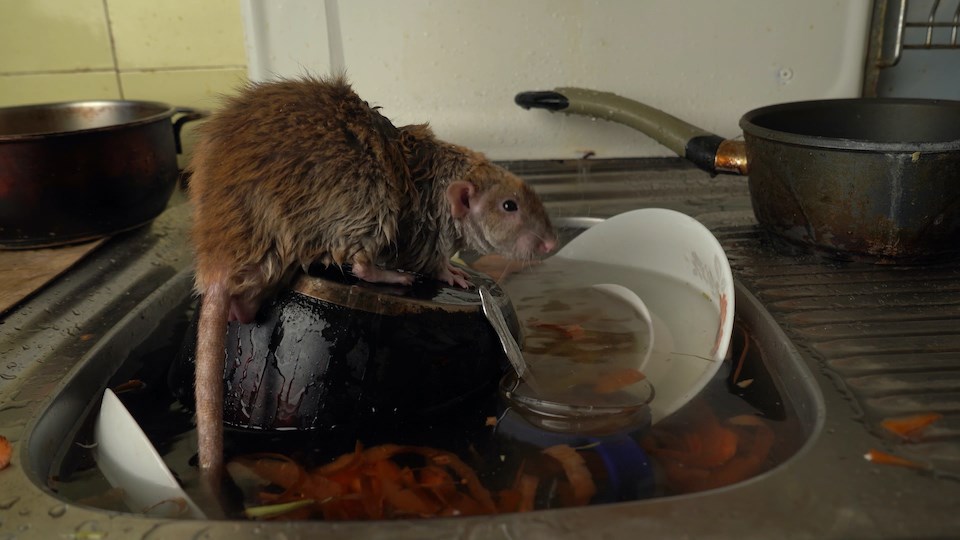A B.C. landlord claimed that their tenant failed to inform them that their rental unit was infested with rats, leading to extensive damages.
After a three-year tenancy, the landlord served the renter with a one-month notice to end the tenancy with cause in September 2023, citing "extraordinary" damages due to an unclean unit, according to a January 10, 2024 decision by the Residential Tenancy Branch (RTB).
This tenancy began on May 1, 2020, with a monthly rent of $2,200.
The tenant applied to the RTB for cancellation of the notice to end the tenancy, as well as monetary compensation for damages and losses.
According to Section 32 of the Residential Tenancy Act (RTA), landlords are responsible for providing and maintaining their residential properties in a state that complies with the health, safety, and housing standards required by law.
But renters must also keep their dwellings clean and repair minor damages. They must also notify their landlords when major issues arise, such as severe infestations, major leaks, or structural damages.
Dead rats were found around the B.C. rental unit
The landlord said the renter failed to uphold their end of the bargain and that the unit had piles of belongings "stacked floor to ceiling" with limited walking space. They claimed the "unsanitary and cluttered" condition of the unit caused the infestation. They provided photographs to support their claims.
The tenant refuted these claims, stating that the rat problem existed before their tenancy. They provided written statements from former tenants who said they struggled with similar issues. They also say the landlord knew about the pests and didn't do anything about them, according to the RTB decision.
Both parties agree that there has been "extensive damage caused by the rats to the walls, floors, structures, bathtub, pipes, and electrical systems" and that it is "very unsanitary because it is covered in rat droppings." There were also "dead rats found in various areas" around the unit.
The landlord said they only became aware of the infestation upon serving the renter with notice to end the tenancy.
The RTB sided with the landlord on the pest issue, stating that it was unlikely the infestation had been an issue since the start of the tenancy. The statements provided by the tenant from "former tenants" were deemed "not convincing" because there was no evidence to support their identities and they didn't attend the hearing. As such, they denied the tenant's request to cancel the notice to end the tenancy.
The tenant was also asking for over $2,000 in damages caused by the rats but the RTB dismissed this request.
The tenant says the landlord barged into the unit while they were sleeping
The tenant claimed that the landlord tried to enter their unit on multiple occasions without prior written notice, adding that they were constantly "badgering and harassing them and threatening eviction." On one occasion, they claim the landlord came into their bedroom in the middle of the night while they were sleeping.
The landlord denied that they had ever entered the unit without prior consent and that they always provided notice.
While the tenant could not provide proof that the landlord entered their unit unlawfully, they did provide evidence that the landlord failed to give appropriate notice about rent increases.
Under section 42 of the RTA, a landlord must provide three months' notice of a rent increase on the approved form before the effective date of the increase. If they do not, a tenant may collect back the money that they paid.
The landlord had texted the tenant about the increases without adequate notice and not on the approved forms.
The RTB said the tenant was entitled to $6,040 for loss under seconds 43 and 67 under the RTA.




